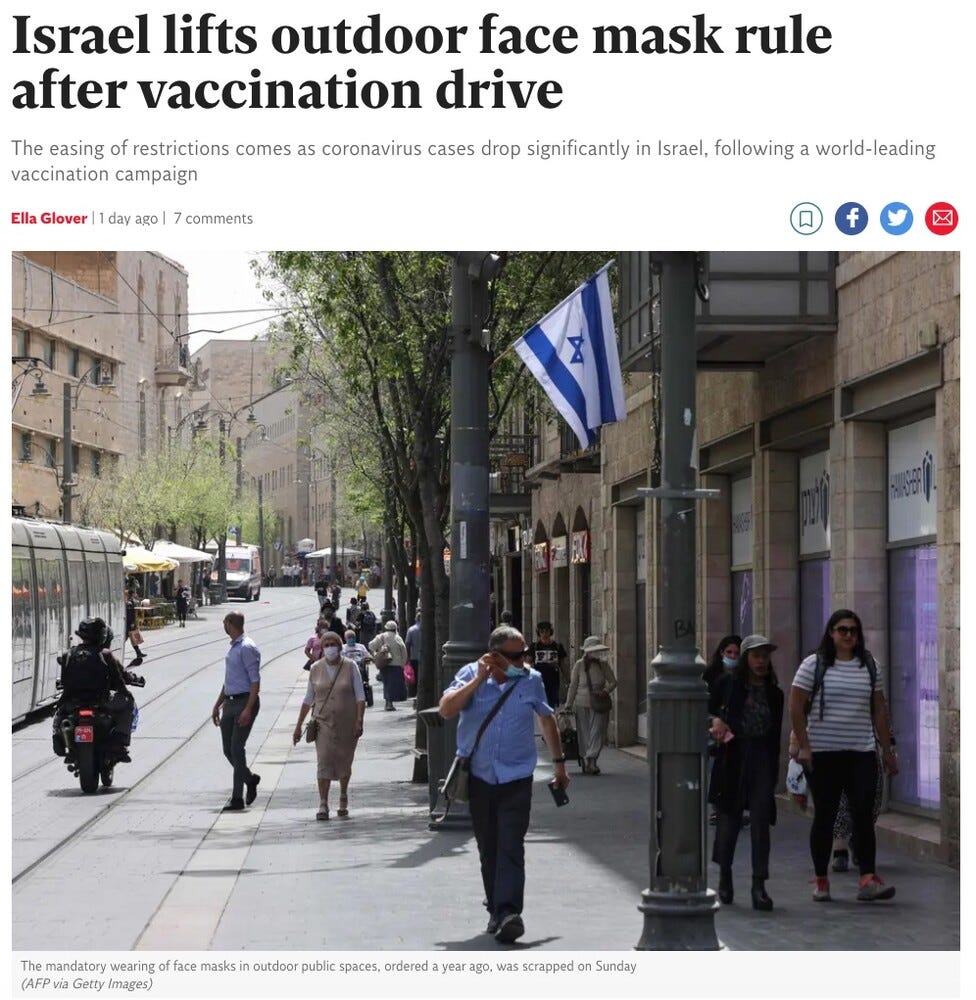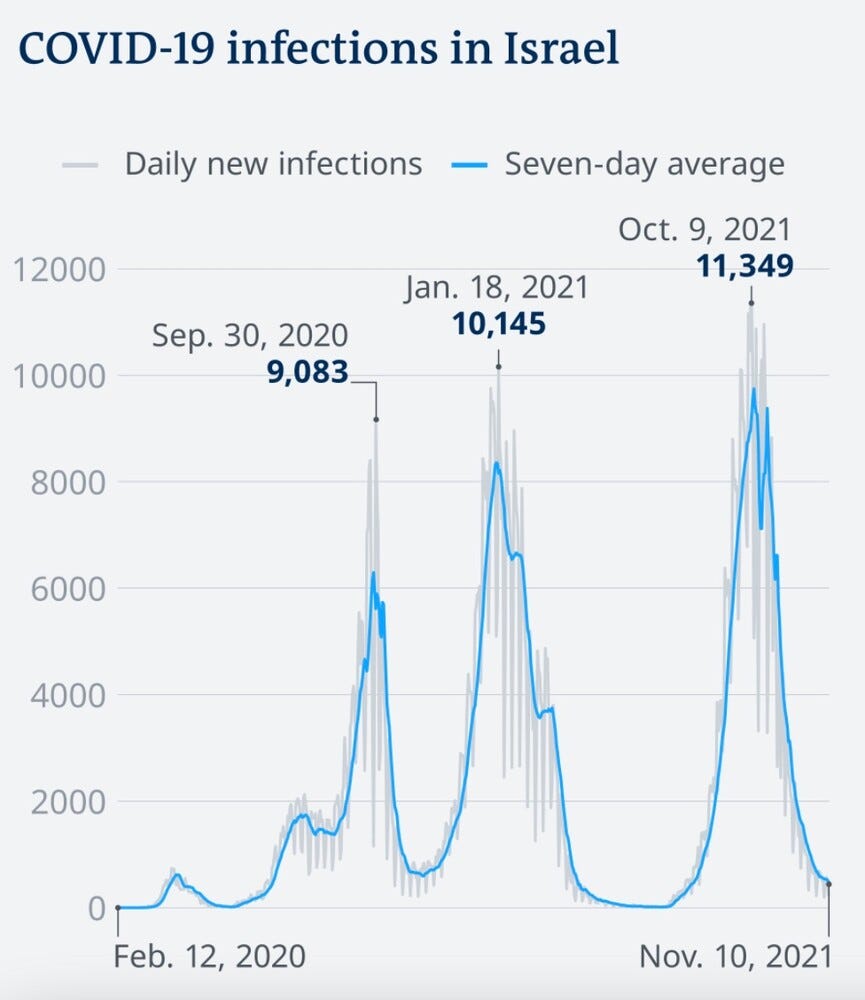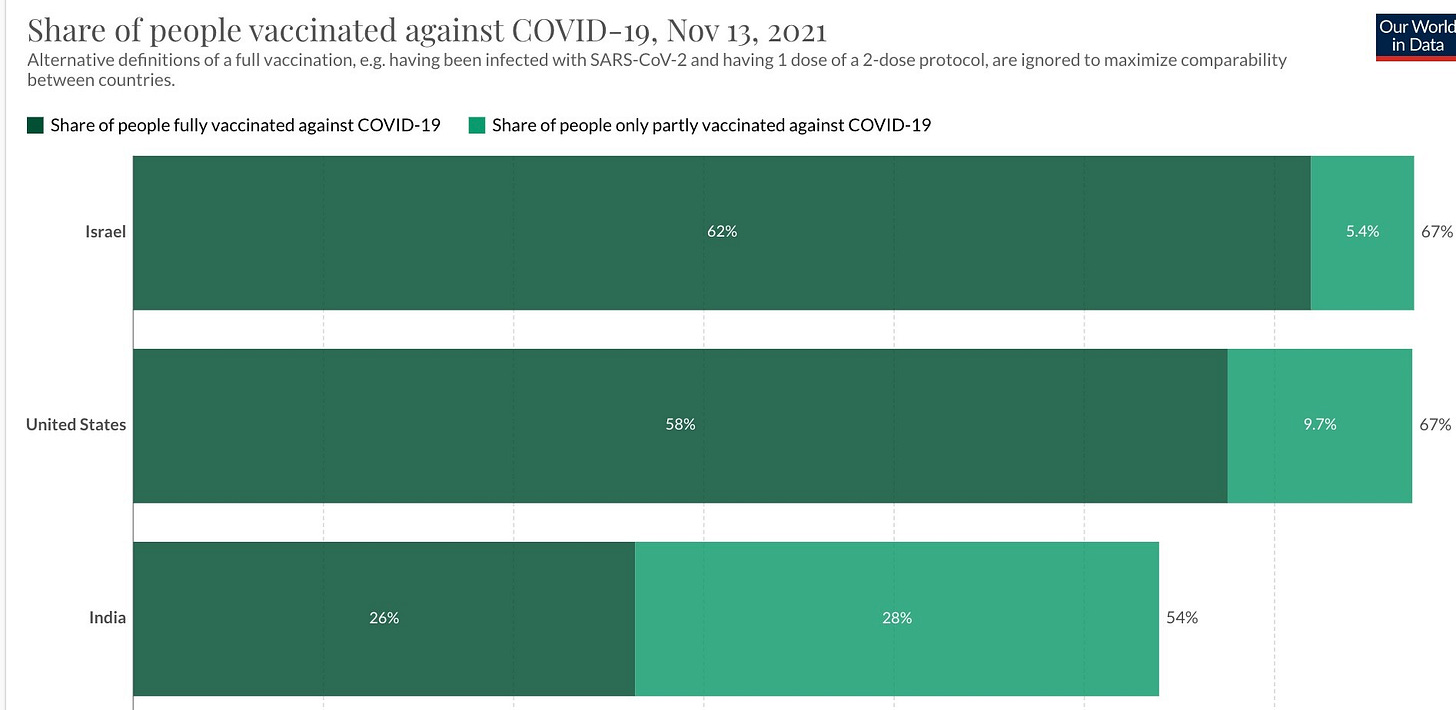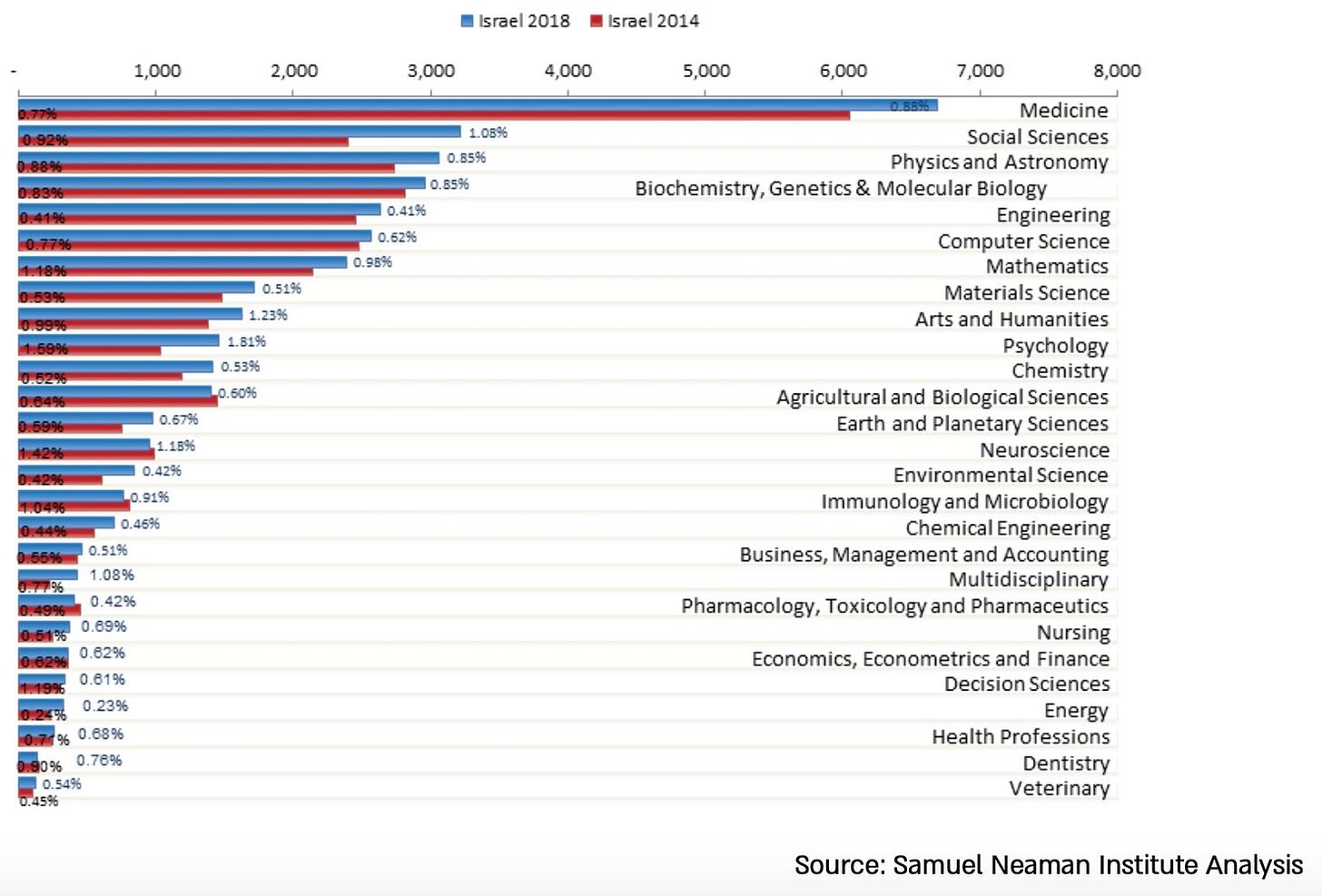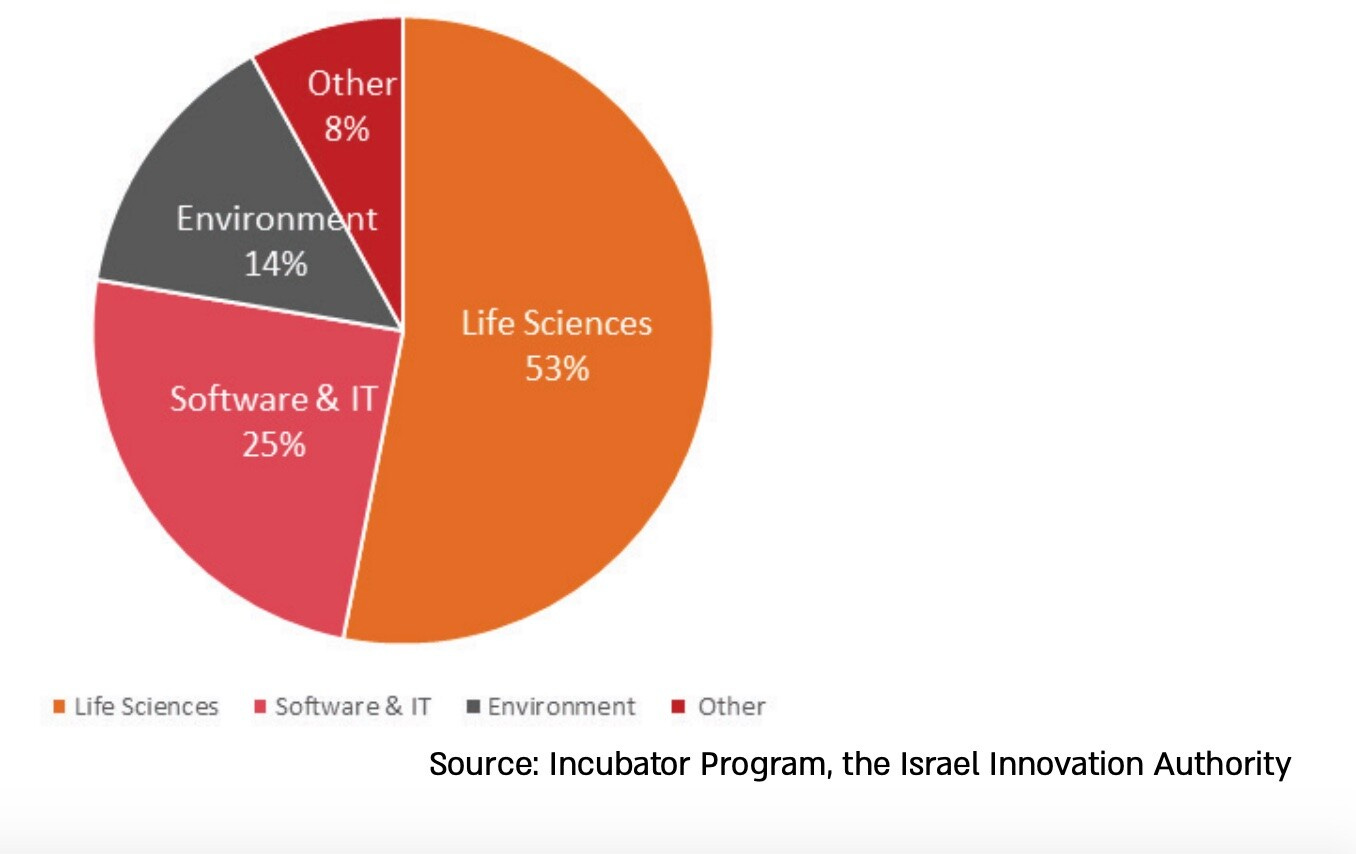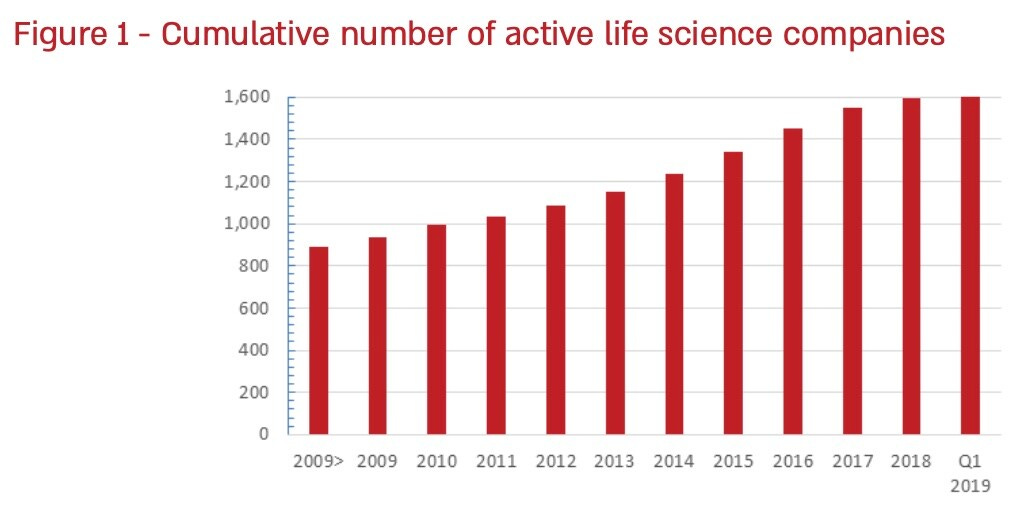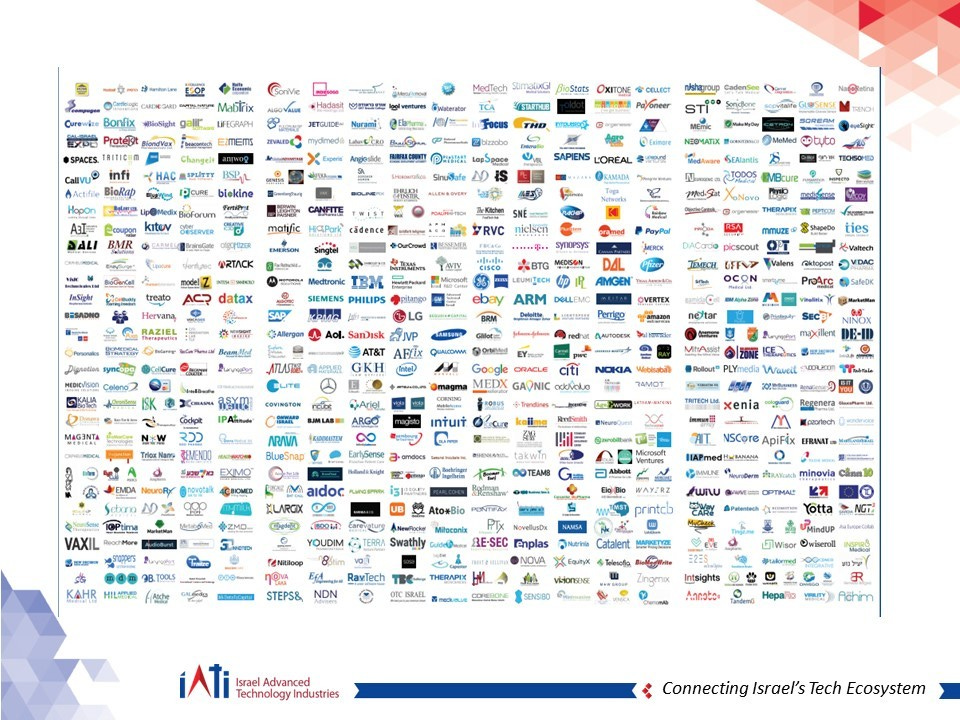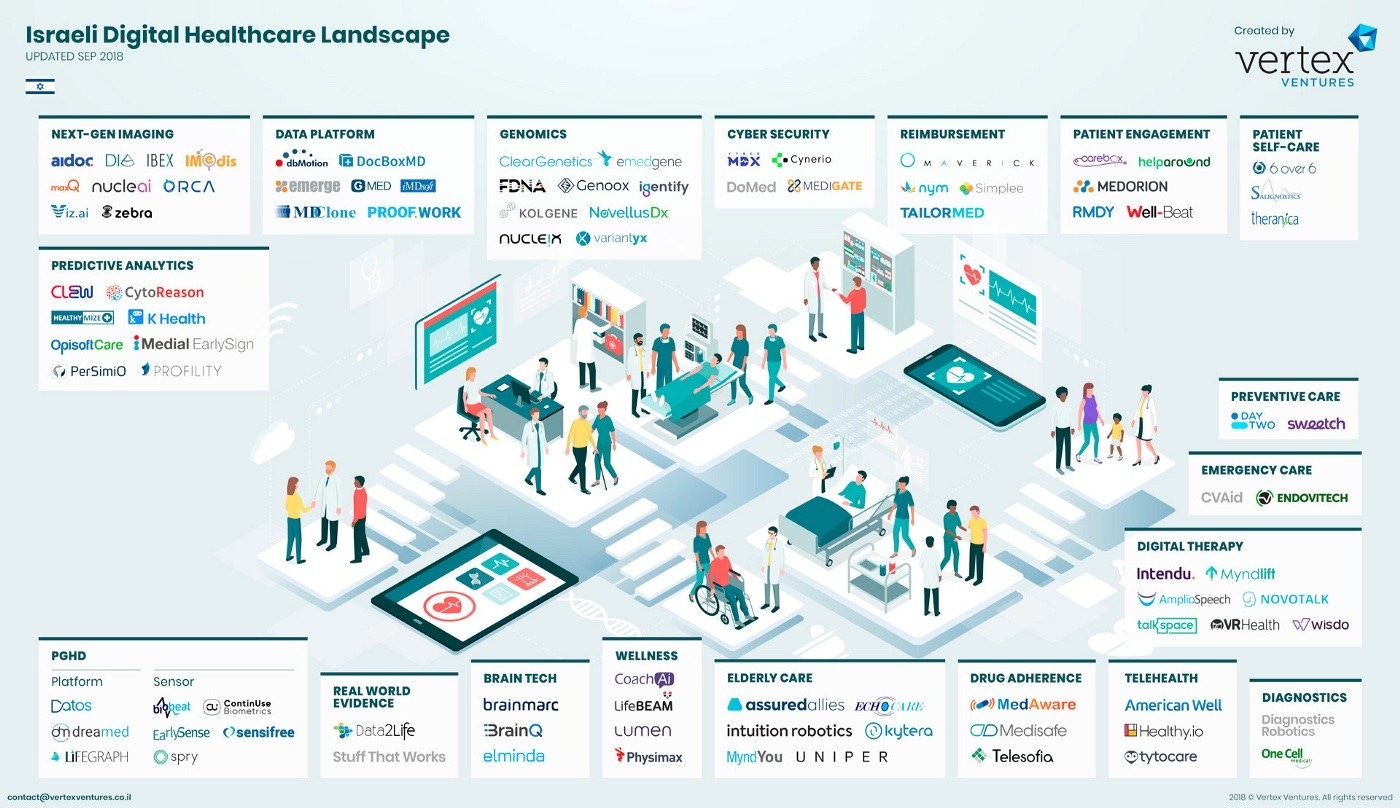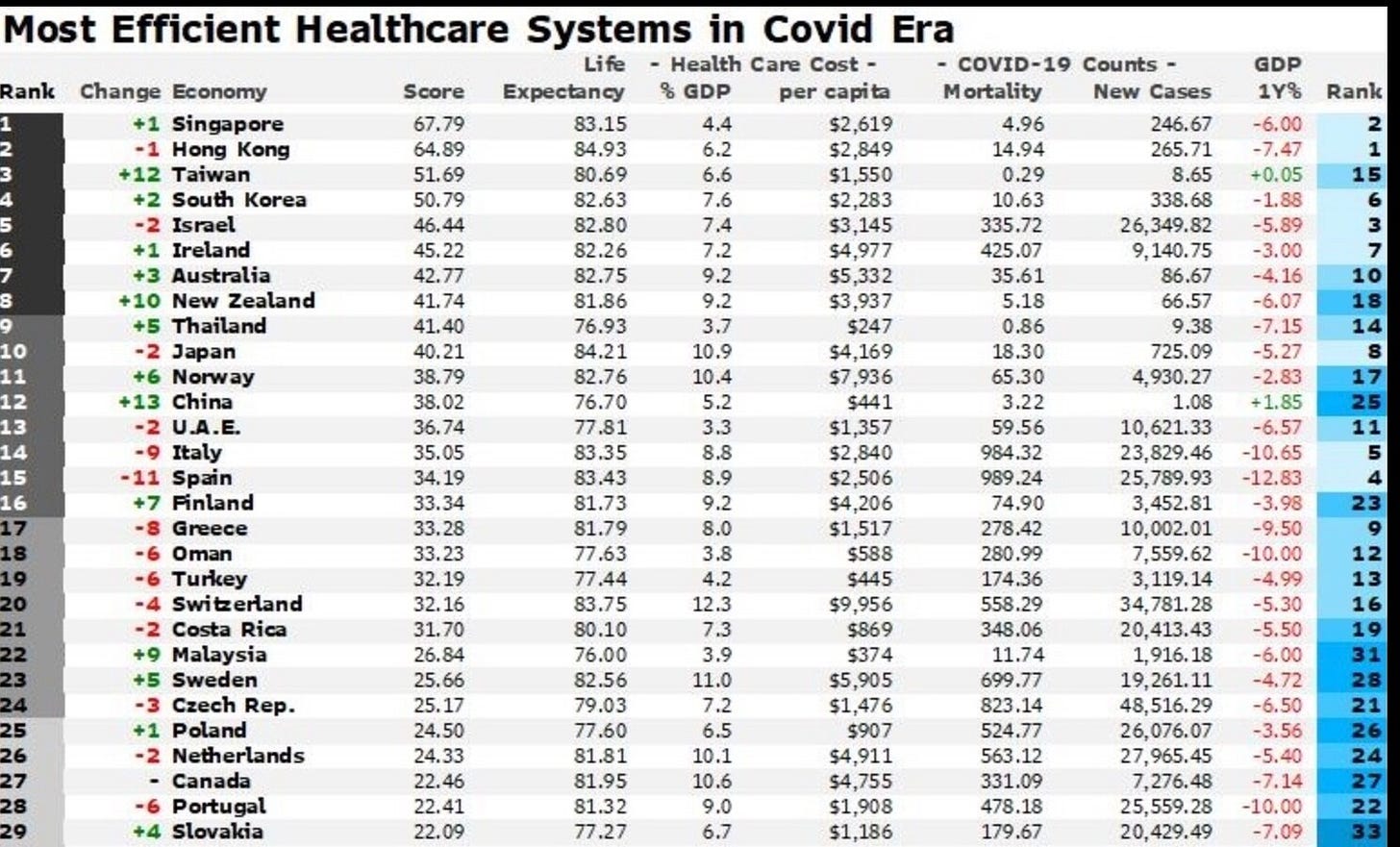Israel started its fight against the pandemic by swinging for the fences. As the world was trying hard to grapple with the new normal and desperately looking for some role model, Israel came to the rescue.
Israel decided to lead from the front. It conceived a clever vaccination strategy, securing doses early and had finished vaccinating 40% of its population with one dose by December 2020. In the process, it generated, captured and communicated high-quality data from its vaccination drive back to the manufacturers and other stakeholders via its state-of-the-art digitized healthcare system. This enabled a much-needed feedback loop.
The result? It was the first country to officially open up and go mask-less.
Israel now focused on achieving herd immunity and knew that ‘herd’ immunity comes from focusing on multiple herds. They realized that one herd was completely left out of the equation: Kids. So Israel dialled up its policy response to clinch that gold standard in herd immunity.
But as life returned to (almost) normal, Israel noticed that vaccine immunity was waning beyond the 5-6 months window from the second dose. Israel did not want to lose that hard-fought herd immunity, so it bet again on booster doses. Israel was the first to start administering boosters (or the 3rd dose). Its national digital framework enabled Israel to contribute key insights and data points to the ongoing research, which helped the world tremendously.
And while it was securing those booster shots and vaccinating its population, Israel realized that the national monitoring framework has to be equally strong to avoid a 4th wave, so it introduced a ‘Green Pass’.
Below is where Israel landed after its herculean effort to tame the pandemic.
Source: WHO
Source: Our World In Data
As Impressive as Israel’s fight against the pandemic is, one question prevails
What exactly enabled Israel to pull the proverbial rabbit out of its hat ?
Israel started where all things should ideally start - Schools !
Israel has academia with a laser focus on Life Sciences. Over 45% of scientific publications coming out of Israel are life-sciences based. These scientific papers are a bedrock of innovation and output in the healthcare industry. Israel has created a model where ‘Technology Transfer Offices (TTOs)’ live within universities, medical centres, research institutions and health organizations. The only job of TTOs is to actively seek out, develop and commercialize the know-how coming out of academia.
Israel then focussed on putting a robust framework around the healthcare industry to nurture ideas graduating out of those schools
Pharma LOVES Israel and why shouldn’t they? The eco-system has the highest likelihood of success. Israel is known to have one of the world’s highest concentrations of scientists per capita (145 for every 10,000 citizens). 33% of those scientists specialize in some aspect of life sciences. There are over 1600 active life sciences companies in Israel. There are over 250 incubators with over 600 companies currently in various programs, out of which 53% belong to Life Sciences as a category.
Source: IATI report
Source: IATI report
Also At the centre of its HealthTech universe is Israel Advanced Technology Industries (IATI) which claims to have the who’s who of Israel’s healthcare industry, accelerating the health tech ecosystem even further.
Source: IATI report
They also knew very well that Health IT means both ‘Health’ and ‘IT’
Let’s tackle ‘Health’ first.
Israel has universal healthcare.
In this regard, they understand the paradox of choice better than any other country. They kept it really simple by limiting the choice. Only 4 health funds are known as ‘Kupot Holim’ (Patient Funds). Everyone signs up for one of the 4. Healthcare facilities are run directly by one of the Kupot Holims. No complications.
Coming to the ‘IT’ part of it - Israel has a vibrant Health IT ecosystem with over 500 digital health startups at the moment. The Jerusalem Post reported that Israel has set aside $280 Mn for its digital health project. The funds will mostly get used towards digitizing patient data so that it can be used downstream for a better quality of care. Israel wants to beat the likes of Estonia and some other Scandinavian countries with good quality health data at the national level.
Source: Vertex Ventures
But managing IT is not easy. If you ask HealthTech enthusiasts what are the top problems faced by the health IT industry today - ‘paper-based’ and ‘lack of interoperability’ will make the list.
Well, guess what?
Israel went paperless...... almost 2 decades ago!
Israel also has a laser focus on Interoperability.
HMOs are at the centre of the Israeli healthcare universe, and since the govt funds the care, it is in everyone’s best interest to break those silos of health information. And how do you break those? By sharing information.
Version 1 of this health information-sharing network was called OFEK. And if you are getting the drift, by now, you know that Israel doesn’t stop at "Version 1". Of course, there is a Version 2, which is basically Version 1 on steroids - it's called EITAN. No wonder it got voted as one of the most efficient Healthcare Systems while handling COVID.
Source: Bloomberg
Lastly, Israel knows well how to make the Build Vs Buy decision when it comes to Healthcare.
Israel not only moved fast and secured vaccines from Pfizer early on but also realized there is no substitute for developing their own. It would cut both dependency and accelerate the process of taming the pandemic. So develop, they did. They called the vaccine Brilife, a combination of the Hebrew word for health — bri’ut — and life.
So where does Israel go from here?
Remember EITAN? Yeah, it has a major role to play.
All that high-quality information sharing will generate A LOT of data. And in healthcare, if used meaningfully, a lot of data …… is actually great. Israel is going full throttle on its mission to become a state-of-the-art Healthcare system worldwide. Some forecasts suggest Israel plans to use big data and analytical tools within the therapeutic environment. Decision-making by physicians will ride on the back of what these tools have to say. That world excites me.
I think Israel has attacked both the pandemic & this beast called Healthcare with the right set of tools - People, Policy, Finance & Technology. It is only a matter of time before other nations take note, learn from Israel and pick what’s contextually best for their own ecosystems given their population and demographic. Maybe they achieve beyond what Israel has.
But until that happens, Israel will keep pushing the envelope and continue to lead the world in HealthTech.




